
A roundup of the latest news and updates for patients with ovarian cancer from CURE®.

A roundup of the latest news and updates for patients with ovarian cancer from CURE®.

The Food and Drug Administration has had a busy summer, approving new agents to treat a variety of cancers. Here are five recent approvals that patients with cancer may have missed.
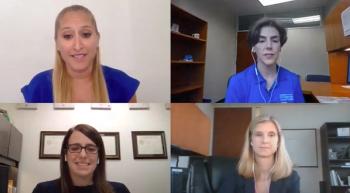
Leading experts in the CLL landscape discuss the latest treatment options for patients and answer questions from the CURE audience.

We asked and you answered! Here's what CURE readers had to say about whether or not their care teams helped with crafting a survivorship plan.

Here is a list of the recent trial initiations that occurred within the cancer space in June.

In partnership with CURE®, Susan G. Komen Greater New York City hosts its 4th Annual Patient Navigation Town Hall "Empowering and Mobilizing Our Patient Navigation Workforce". Oncologists, community health workers and patient navigators will get together on June 23rd, via webinar, to discuss the impact of the COVID-19 pandemic on the cancer landscape and how professionals and patients can navigate the fallout moving forward.
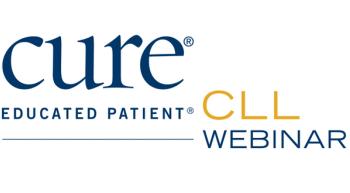
4 Chronic Lymphocytic Leukemia experts hosted a webinar, in partnership with CURE, addressing the latest and most important topics for patients with CLL.
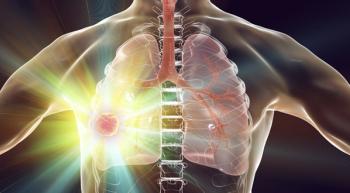
CURE hosted its third webinar on all the latest topics and trends for patients with lung cancer.

Join us online for an informative lung cancer webinar on Thursday, June 18, 2020, from 7 - 8 p.m. PT.

Join us online for an informative chronic lymphocytic leukemia webinar on Wednesday, June 17, 2020, at 7 - 8 p.m. ET.

To commemorate National Cancer Survivors Day on June 7, CURE® invited its readers to share their encouraging stories of survival.

CURE hosted its second webinar that will focus on all the latest topics and trends for patients with lung cancer.

Here is a list of the recent trial initiations that occurred within the cancer space in May.

CURE hosted its first webinar, focused on all the latest topics and trends for patients with lung cancer.

The Food and Drug Administration continues to approve cancer therapies amid the COVID-19 pandemic. Here are five approvals that patients with cancer may have missed.
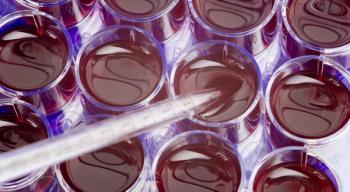
In the first installment of CURE®’s inaugural webinar series, “Hear from the Experts: COVID-19 & Cancer Care for Patients,” Dr. Farukh Awan addressed concerns about the possibility of developing COVID-19 or any infection after a stem cell transplant to treat a blood cancer.
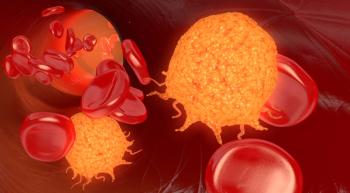
In the first installment of CURE®’s inaugural webinar series, “Hear from the Experts: COVID-19 & Cancer Care for Patients,” Drs. Zainab Shahid, Farukh Awan and Ian Flinn addressed clinical trials that are underway to assess therapeutic approaches to COVID-19, including what role BTK inhibitors might play in treating the virus.
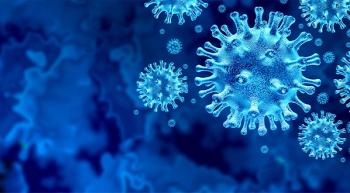
In the first installment of CURE®’s inaugural webinar series, “Hear from the Experts: COVID-19 & Cancer Care for Patients”, Dr. Lee Greenberger addresses steps that the Leukemia and Lymphoma Society have taken to help patients with blood cancer during the COVID-19 pandemic.
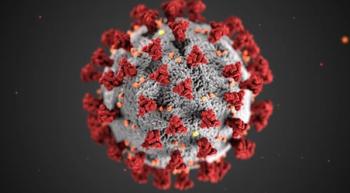
In the first installment of CURE®’s inaugural webinar series, “Hear from the Experts: COVID-19 & Cancer Care for Patients,” Drs. Ian Flinn and Farrukh Awan addressed what patients with blood cancers could do to help boost their immune systems to help prevent infections such as COVID-19, and the risk for patients who are several years removed from receiving a stem cell transplant.
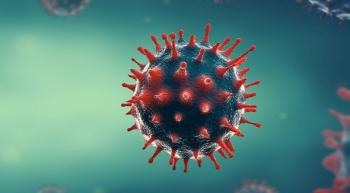
In the first installment of CURE®’s inaugural webinar series, “Hear from the Experts: COVID-19 & Cancer Care for Patients”, Dr. Ian Flinn and Dr. Saad Usmani how the new coronavirus has affected stem cell transplantations as well as the management of chronic lymphocytic leukemia and myeloma clinical trials.
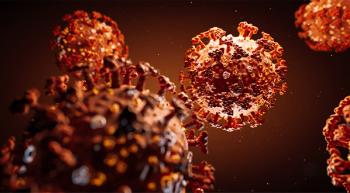
In the first installment of CURE®’s inaugural webinar series, “Hear from the Experts: COVID-19 & Cancer Care for Patients”, Dr. Farukh Awan addresses how the new coronavirus has impacted patient care for those diagnosed with chronic lymphocytic leukemia and myeloma.
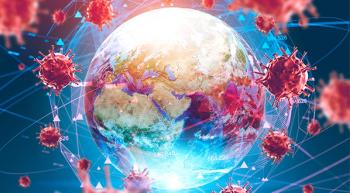
Want to know how the COVID-19 Pandemic is impacting cancer care and what it means for patients with cancer? Let the experts from CURE's webinar fill you in!

Dr. Richard Pazdur, director of the Food and Drug Administration’s Oncology Center of Excellence, has noted that the agency is committed to expediting oncology drug development despite the challenges posed by the COVID-19 pandemic.

We asked our readers on social media if they have a daily self-care routine. Here’s what they had to say.

We want to know what you think about CURE®! Address your comments to [email protected]. If you prefer that your comment not be published, please indicate.




Hear the CURE editors discuss some of their favorite episodes from the 2018 season of the CURE Talks Cancer podcast.
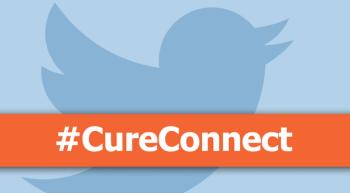
Join us on Tuesday, April 10 at 1 p.m. EST for our monthly #CureConnect tweet chat, where we’ll focus on our recent gastrointestinal cancers special issue.